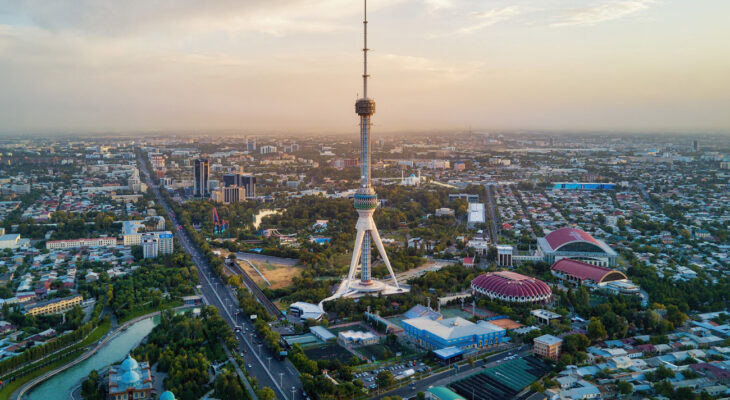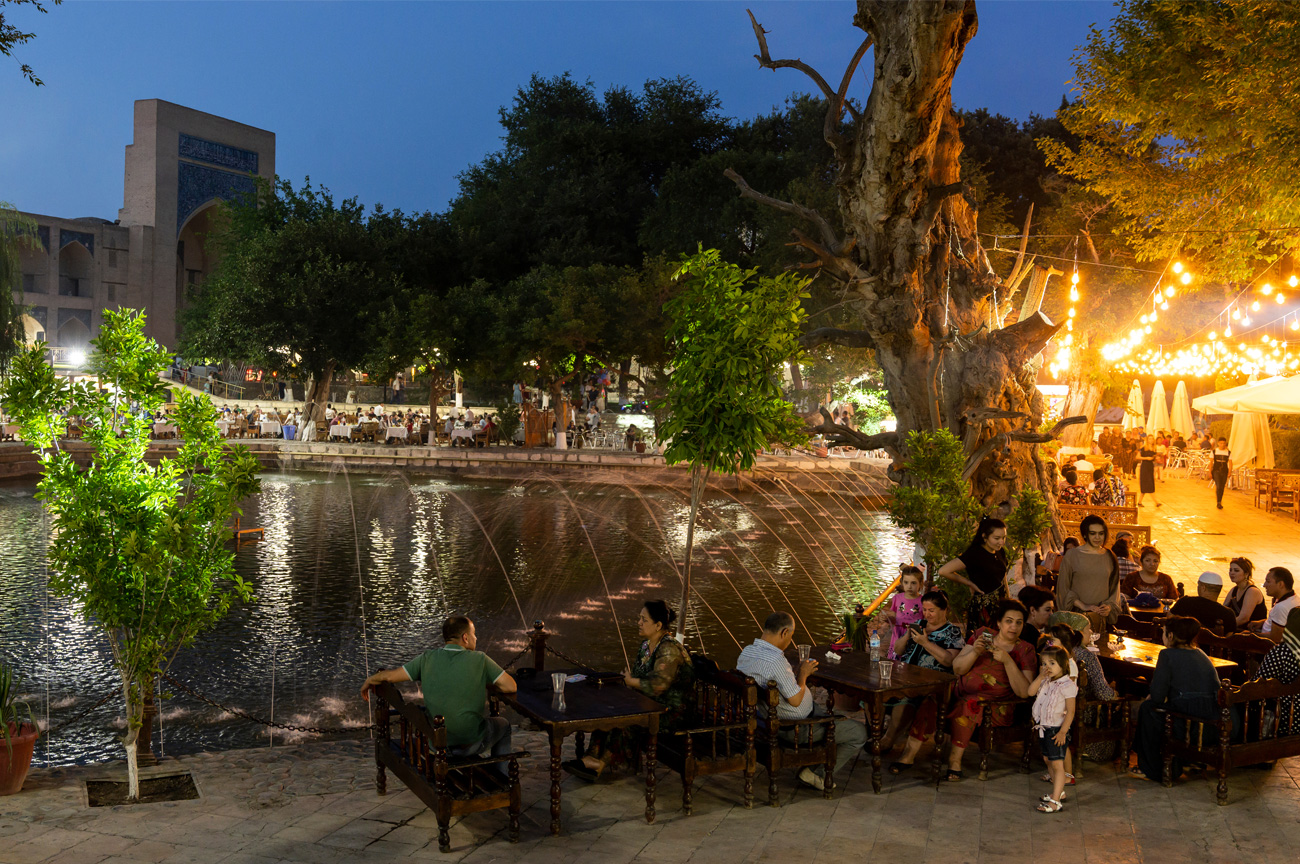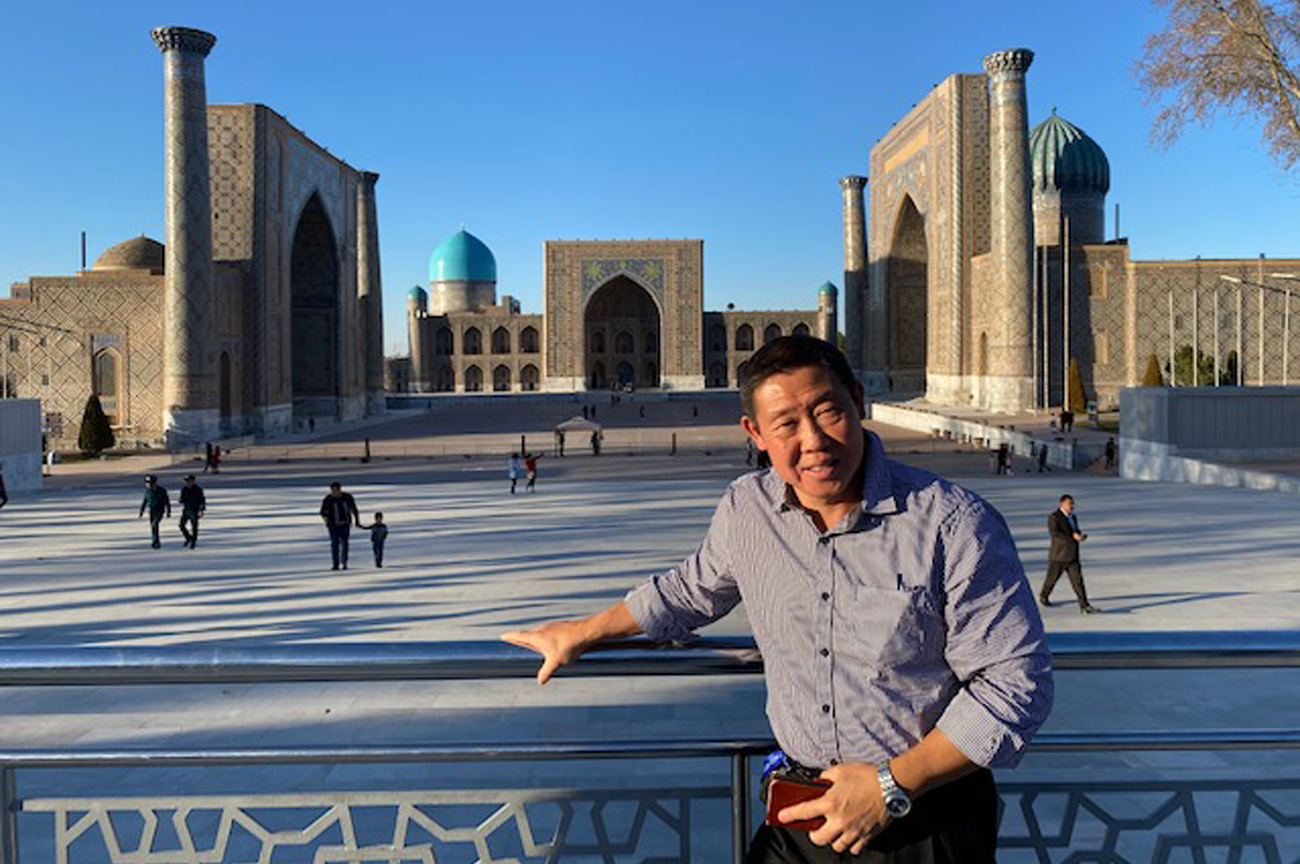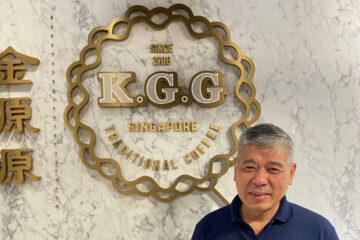
Beating a path to Uzbekistan
Once under the radar of international investors, this rising frontier Central Asian market is fast becoming a land of opportunity
Situated in the heart of Central Asia, Uzbekistan has seen significant reforms under the leadership of Shavkat Mirziyoyev, who took the helm in 2016 following the death of former president Islam Karimov.
According to the Uzbek Ministry of Economy and Industry, the economy grew by 5.5 percent in 2019, an increase from 5.1 percent in 2018, on the back of the government’s market-oriented economic reforms, including the liberalisation of trade and its foreign exchange market. Growth is projected to rise to 6 percent in 2021.
Meanwhile, in the World Bank’s 2020 ease of doing business rankings, Uzbekistan ranked 69th, up seven places from the last year.
To help Singapore companies tap on the growing opportunities in Uzbekistan, the Singapore Business Federation (SBF), with the support of Enterprise Singapore, led an Overseas Market Workshop (OMW) to Uzbekistan in February, with a focus on high-potential growth sectors such as logistics and mobility, as well as tourism.
For hospitality training provider SHATEC, one of five participating companies, the study trip was an eye-opener.
“We wanted to understand how big the market potentially is for SHATEC and see if there is a need for the hospitality vocational skills training that we can offer,” says Victor Seah, the Director of Continuing Education & Training at SHATEC Institutes.
“We went with our eyes wide open, especially since the signs are pointing towards Uzbekistan’s tourism sector slowly and surely opening up.”
Also part of the delegation was Ms Shalini Kamal Sharma, Group Managing Director of Formula One Furniche, an interior furnishings supplier.
“Uzbekistan is one of the few countries we have yet to establish a presence in,” she explains.

Evening with people in the old city of Bukhara at the Devonbegi pond in Uzbekistan
Ripe For Investment
Over the course of a week, the delegation met with government officials and business leaders in the capital Tashkent and the city of Samarkand, soaking in all they could learn about investment climate, business opportunities and regulatory framework of the country.
The group also conducted site visits to leading businesses in Uzbekistan such as the Orient Group and Globalink Logistics, among others.
Mr Seah found the meeting with the 35-member Hoteliers Association of Uzbekistan to be particularly fruitful.
“We met a representative who got very excited when she heard about what SHATEC does. She wants us to come over and run a train-the-trainers programme for the Hoteliers Association.”
While Uzbekistan is hoping to drive its economy through tourism, Mr Seah notes that challenges such as the lack of infrastructure may hold back the growth of the country’s budding hospitality sector. Hotels and highways need to be developed and service standards could be raised, among other issues.
“Attractions in the country are mainly the mosques and mausoleums. However, Uzbekistan is so rich in history and heritage and the Uzbeks should really leverage that to draw tourists,” he elaborates.
What caught Ms Sharma’s eye was the fine craftsmanship found in every corner of the city.
“There are many artisans who work with their hands and produce beautiful art and handicrafts with a lot of attention to design and colour, which are proudly displayed in the smallest of restaurants.”

Victor Seah, Shatec
Foot In The Door
Since returning to Singapore, Mr Seah has been in touch with the Hoteliers Association on the possibility of sending a SHATEC trainer over to Uzbekistan to conduct a course.
The Singapore brand name, he shares, is well-received in that part of the world and gives companies looking to establish themselves there a strong advantage. “I heard comments like Singapore is a ‘good country’ and they expressed interest in wanting to work with organisations from here.”
For Mr Seah, the OMW was an effortless, yet impactful way to familiarise himself with a little-known market.
“Everything was taken care of from A to Z. You just had to buy the ticket and join the group,” he says.
The programme, too, was robust, with briefings on investment and business opportunities, the legal and tax system and labour laws, and meetings with government officials, including
Oybek Elmuratov, Deputy Director of the Foreign Investment Promotion Agency at the Ministry of Investments and Foreign Trade.
“We went in with no expectations but came back from it with a better understanding of the Uzbekistan market,” adds Mr Seah.“Our biggest takeaway is that while they are eager to work with us, budgets are small and we have to price ourselves very competitively. It helps to spell out clearly the value-add in terms of hospitality skills that SHATEC brings to the table.”
Ms Sharma says the OMW enabled her to better understand the culture and practices of the Uzbeks, “I am now looking forward to collaborating with the organisations we met.”


















